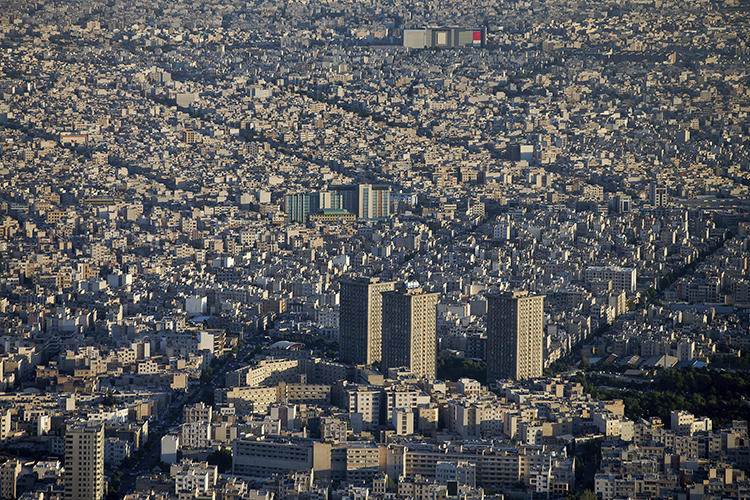Washington, D.C., May 22, 2019 – Iranian authorities should release journalist Masoud Kazemi and clarify or drop the charges against him, the Committee to Protect Journalists said today. Earlier today, Kazemi, editor-in-chief of the monthly Sedaye Parsi political magazine, arrived at the Tehran Revolutionary Guard Corps Branch 28 court to stand trial on anti-state propaganda charges stemming from criticism of Iran’s Ministry of Industry he published on Twitter in November 2018, according to news reports.
At the trial, Judge Mohammad Moghiseh announced new charges, including “acting against national security and colluding against national security,” and set a bail of 10 billion rials (about US$238,000 at official exchange rates), Kazemi’s lawyer, Ali Mojtahedzadeh, told the official Islamic Republic News Agency and published on his personal Twitter account.
Kazemi earns about $150 per month, a person close to him who spoke to CPJ on the condition of anonymity said. Unable to pay the bail, Kazemi is detained at Evin prison until his trial on the new charges, the date for which has not been set, the person said.
“We call on the Iranian authorities to release Masoud Kazemi and explain why he is unexpectedly facing new charges and a surety that the court must know he cannot pay,” said CPJ Middle East and North Africa Program Coordinator Sherif Mansour. “This is yet another clear example of mistreatment of journalists by the Iranian state and specifically the country’s judiciary that consistently shows itself to be biased.”
The person who asked not to be named told CPJ, “The judge started insulting Kazemi from the beginning of the trial session rather than actually doing any legal work” and never conducted the trial on the propaganda charges.
On November 5, 2018, security forces raided Kazemi’s Tehran home, arresting him and confiscating laptops, hard drives, and other materials from the home, according to the U.S.-based Iranian Human Rights Activists News Agency and a tweet by Shima Tadrisi, Kazemi’s fiancé. The raid followed Kazemi posting a thread of tweets the day before alleging corruption in Iran’s Ministry of Industry, according to the activist news agency.
Kazemi was detained following the raid but was issued bail on November 6, his lawyer said on Twitter.
CPJ emailed the press office of the Iranian Ministry of Culture and Islamic Guidance, which oversees domestic journalists and media, but did not immediately receive a response.
Eight journalists were found to be imprisoned in Iran in direct relation to their work at the time of CPJ’s annual prison census on December 1, 2018.
